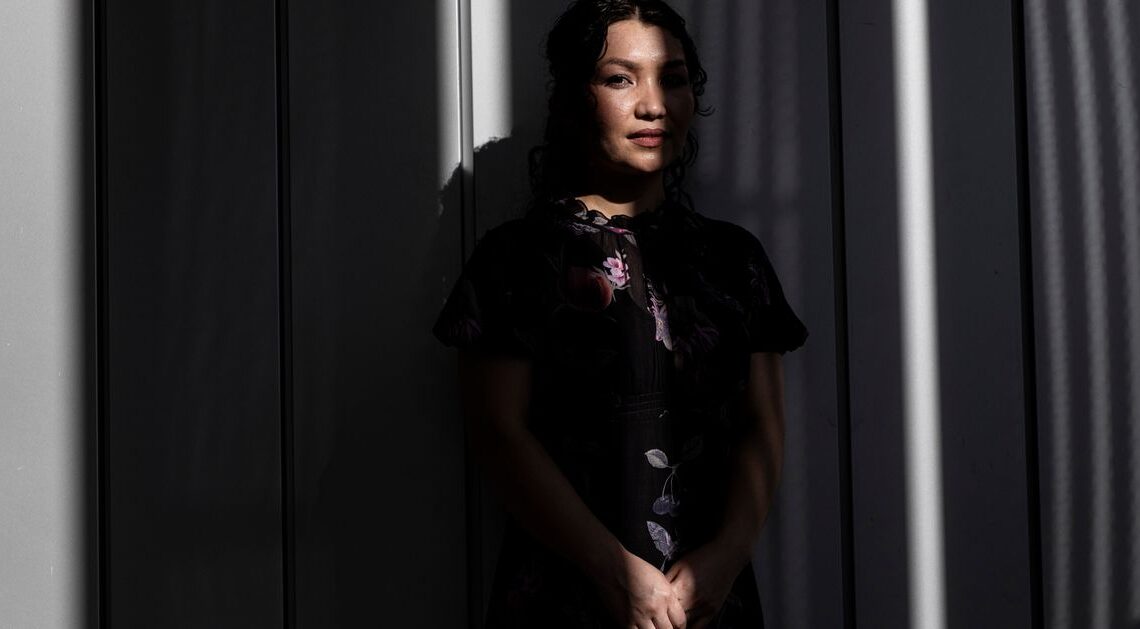Humaira Zafari didn’t think she’d make it out of the chaos of Aug. 27, 2021, when she was in one of seven buses packed with female students hoping to reach Kabul airport and board a flight out.
The last two attempts had failed, the Taliban were everywhere, and this was their last shot. Fear and anxiety gripped her, but she needed to stay calm and focused, as she was the point of contact between the young women and the people trying to get them through the gate. Zafari, 26, recalls the moment when a Taliban member blocked her way to the gate at the airport, saying, “You are a girl. Forget about education and go back home.”
Eventually, 148 Afghan students from the Asian University for Women managed to fly out of Kabul, first to Saudi Arabia, then to Spain, Virginia and Wisconsin, where they were among 13,000 Afghans being processed for resettlement at Fort McCoy. More than 76,000 Afghans have been brought to the U.S. since last summer.
“Everything happened so fast,” Zafari said. She arrived with only a small backpack and had to start her new life here from scratch, which for Zafari meant continuing her education. Zafari is now one of the 61 Afghan women enrolled at Arizona State University on scholarships that include a full tuition waiver, housing and a monthly stipend. Several other colleges across the country, including other large state universities and Ivy League schools, have accepted smaller numbers of female students from Afghanistan.
“These students were already very committed to education,” said Pamela DeLargy, executive director of Education for Humanity at ASU, who facilitated the Afghan students’ admission process and scholarships. “And their families were committed to their education or else they wouldn’t have been going [abroad] to study at the Asian University for Women.”
Bard College, a private liberal arts college in New York, has also admitted approximately 85 displaced Afghan students, the majority of whom are young women whose education was disrupted by the collapse of the U.S.-backed Afghan government last August. Forty-four have already begun their semesters, and others are still in third countries awaiting visas to move to the United States in coming semesters.
“Resiliency is certainly a characteristic that they all have, and they would not be here without that,” said Jennifer Murray, the dean of International Studies at Bard. “I think there’s ambition and absolute dedication to their families, and, of…
Click Here to Read the Full Original Article at Women…

